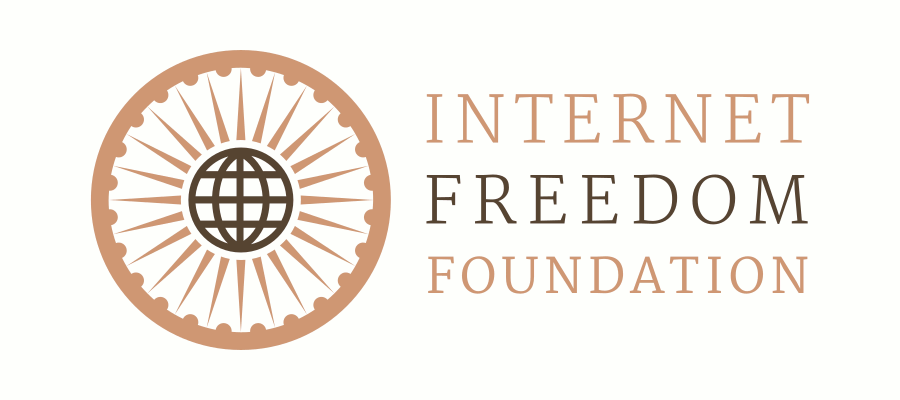Highlights
- We won: On February 8, 2016 the TRAI after rounds of consultations and a sustained public campaign in India made the, "Prohibition of Discriminatory Tariffs for Data Services Regulations, 2016". This effectively prohibited zero rated services such as, Facebook's Free Basics and safeguarded the open and free internet. This was a massive public victory.
- Positive follow-up actions: Net Neutrality is a bundle of measures which safeguard user choice in their choice of online content. This should not be interfered by internet service providers. Acting on TRAI's recommendations the DOT made license amendments on September 26, 2018 which also safeguarded ordinary internet users from technical forms of discrimination such as blocking and slowing down web services.
- Need for action: Some may ask what good are legal protections if they cannot be enforced? This is our fear as well. Over the past few months we have been engaging specifically for enforcement of net neutrality protections in India and are committed to exploring a range of actions to make sure they do not exist just on paper.
Analysis
"We won", was the message that was broadcast far and wide on social media on February 8, 2016. Coming after a charged online campaign under the collective of SavetheInternet.in it signalled that public victories are possible. The Telecom Regulatory Authority of India (TRAI) on that day made the, "Prohibition of Discriminatory Tariffs for Data Services Regulations, 2016". These regulations banned zero rated services such as Free Basics which would have distorted the open and free internet and made our internet service providers interfere with our choices for online content.
This victory and India's leadership on this issue has been acknowledged all over the world. This was only possible because of a large collective of volunteers, an engaged online community, the TRAI – so many organisations and individuals who all took leadership on this issue. We thank them all!
It is also important to see how this regulation has aged over time:
- Emerging consensus: Academic studies and analysis acknowledged the harmful effects of zero rated services over time. For instance a recent study analysed in a post over at EFF notes, "A comprehensive multi-year study by the non-profit Epicenter.works, comparing the 30 member countries of the European Union (EU) on net neutrality enforcement, has found that zero rating business practices by wireless carriers have increased the cost of wireless data compared to countries without zero rating.". Thankfully, such services are prohibited in India.
- Complete net neutrality protections: The TRAI Zero Rating Regulation also signalled a principled acknowledgment of net neutrality in law. This has further been cemented by subsequent rounds of consultations and recommendations that have then been acted on by the Department of Telecom by making changes to license agreements. India today is arguably the world leader on comprehensive net neutrality protections in law that prohibit pricing (zero rating etc.) and technical discrimination (blocking, throttling etc.). We have much to thank for, but we must also now focus on action and enforcement.
- But what about enforcement?: While we celebrate let us also temper our optimism. Our victories can only be maintained and enjoyed with positive engagement on net neutrality enforcement. For instance, after disturbing reports emerged of network interference by ISPs of proxy and VPN web services we curated an online form which now has close to 150 detailed responses and we are examining a range of advocacy actions.
We are hopeful for collaboration on net neutrality advocacy and enforcement. We are open to all thoughts and suggestions on how to undertake effective advocacy actions. If you have any thoughts, suggestions, comments — more importantly want to commit time and help us — write to [email protected]. Over next week we will also start pro-actively reaching out to people on this issue and launching a range of actions. Let us work together and keep winning.
Link to important posts

